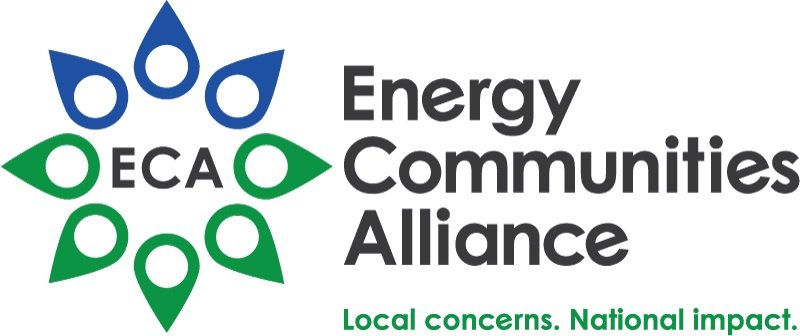Four areas to watch in the Senate's new reconciliation bill
On July 27, Senate Democratic leadership released a first draft of a reconciliation bill (Inflation Reduction Act of 2022), which includes new policies and funding related to taxes, health care, climate, and energy.
The agreement comes after months of negotiations between Senate Majority Leader Chuck Schumer (D-NY) and Senate Energy and Natural Resources Committee Chairman Joe Manchin (D-WV). In its current form, the bill would provide hundreds of millions of dollars in new funding for nuclear energy, National Laboratories, and the Department of Energy’s stakeholder engagement activities.
Nuclear Energy Provisions
The bill includes a Zero-Emission Nuclear Power Production Credit, for which existing nuclear reactors are eligible. Advanced nuclear facilities would not qualify for the credit.
The Office of Nuclear Energy (NE) would receive an additional $150 million over five years “to carry out activities for infrastructure and general plant projects…”
$700 million would be allocated through 2026 for programs related to the availability of high-assay low-enriched uranium (HALEU).
National Laboratories
The bill would make significant investments in National Laboratory infrastructure through 2027, including:
$133M for science laboratory infrastructure projects;
$304M for high energy physics construction;
$280M for fusion energy science construction;
$217M for nuclear physics construction;
$164M for advanced scientific computing research facilities;
$295M for basic energy sciences projects; and
$158M for isotope research and development facilities
DOE Stakeholder Engagement
Aiming to improve environmental reviews, the Department of Energy would receive $125 million in additional funding through 2031 for activities such as “stakeholder and community engagement” and “procurement of technical or scientific services for environmental reviews.”
Environmental and Climate Justice Block Grants
The bill includes $3 billion in block grants from the Environmental Protection Agency (EPA) to “invest in community led projects in disadvantaged communities and community capacity building centers to address disproportionate environmental and public health harms related to pollution and climate change.” Grants would be made available to local government partnerships, community-based nonprofits, and more.
Next Steps
It is important to note that the bill text released this week is an initial agreement between Sen. Schumer and Sen. Manchin, and the content of the bill may change as Senate Republicans and the House become involved in further negotiations. According to Sen. Schumer, the Senate will vote on the bill next week.
